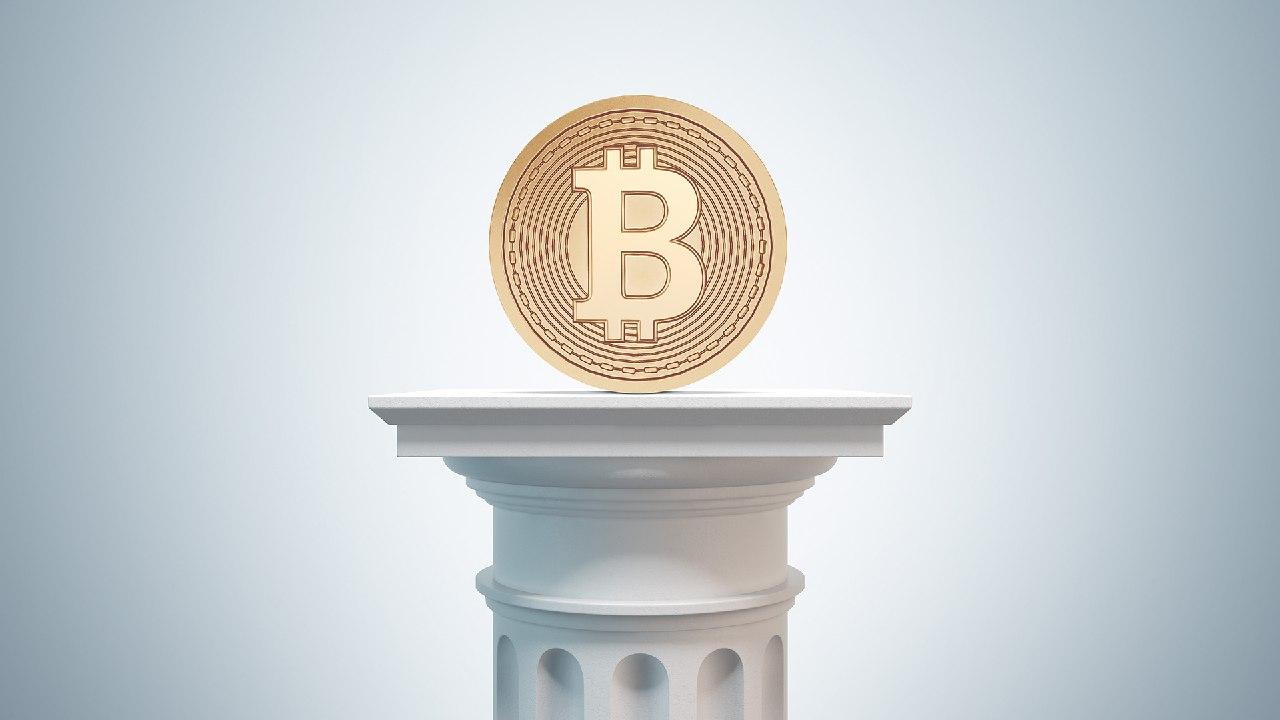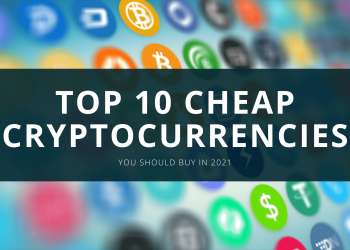Dot Oracle Network – Bringing Real-Time Data and Liquidity network for Polkadot
Ethereum, is by far the de-facto standard for liquidity mining and decentralized trading, thanks to the rapid increase in popularity of Uniswap and AMM models. However, with this increase in popularity, we have also seen the gas fee increase to unacceptable levels, making it somewhat unfavorable for normal users.
However, with the maturity of the Polkadot ecosystem with interoperable parachains enabling decentralized communication between the different parachains, the team behind DotOracle has identified a very real opportunity here, and has come up with a unique vision – that of a decentralized network that allows DotOracle
- to blur the lines between the real world and the Polkadot blockchain by providing a decentralized oracle network that transfers data in real-time
- To create a liquidity network layer that transfers digital assets back-and-forth between Polkadot and other smart-contract platforms like Ethereum
Why DotOracle Network
Despite the fact that most smart contracts require data from the real world (off-chain), they simply are not capable of accessing data from outside of their network. In order to provide smart contracts with the data it needs, smart contracts access the necessary data in electronic form, through what is popularly called oracles. Oracles are services that input authentic real-world data to the blockchain, enabling smart contracts to perform as it is intended. In order to ensure that the data provided is not tampered with, oracles are usually decentralized in nature (although some oracles retain a level of centralization). Though there exist many such decentralized oracles in the ecosystem, there are undeniably certain disadvantages such as
- Usability – Developers will have to tackle the additional complexity of creating an oracle job to provide specific off-chain data to smart contracts, along with having to program an EVM compatible programming model like that of Solidity
- Speed & Costs – Most oracles require every validator to make transactions to enable submitting external data to smart contracts. Not only is this process hassle-some and slow, but also involves a lot of costs, actively affecting the efficiency and effectiveness of a smart contract relying on this data.
With DotOracle’s decentralized oracle network, however
- Since DotOracle is an EVM compatible blockchain, that offers programmable contracts using any EVM compatible smart contract, it provides an environment where any developer can use languages like Solidity to program the way smart contracts read off-chain data. This eliminates the additional hassle of navigating the complexities of developers to create an oracle job to provide specific off-chain data.
- DotOracle Network is fully decentralized, utilizing the BFT model, ensuring that reliable, tamper-proof external data is provided to any blockchain network is provided in a cheap and speedy manner.
DotOracle Features
- Non-Custodian Decentralized bridge – assets transfer between blockchains become non-custodian, and users have full control on their assets during the transfer
- Bonded Network with slashing – DotOracles nodes must deposit an amount of DTO to smart contracts. Violation of protocol leads to the burn of the deposit tokens.
- Real-time off-chain Data provider – combining with PBFT and Elliptic Curve Multisignature scheme to optimize the network consensus process
- High Availability – can function as long as 2/3rds of the nodes are online
- Complete Decentralization and censorship-resistant.
DotOracle Technical Architecture
DotOracle uses a layered architecture and functions on a BFT consensus algorithm. The different layers are
- A Network and Consensus Layer – Responsible for communication between the validators of the network. Follows Byzantine Fault Tolerance Model, similar to most Proof of Stake blockchains.
- Oracle Data Layer – Responsible for storing all off-chain data. Different from existing oracles, where smart contracts access non-real-time off-chain data.
- Oracle & Smart COntact Layer – Contains all smart contracts deployed by the developers. Provides a way for developers to program their own oracles using solidity.
- Application Layer – Contains all application smart contracts that interact with any user.
Tokenomics
DotOracle makes use of a token called DTO to support the success of the platform, and to reward the members of the community.
33% of all DTO are marked for protocol rewards, 12% to the DotOracle team and advisors, 15% for marketing and partnership, 10% for development, 5% for Liquidity and listing while the remaining 25% is earmarked for the token sale.
Team & Advisors
DotOracle is led by Nguyen Biu and Hoang Anh. The two, along with Khai Minh the backend developer, bring to the table the plethora of experience from their stint at TomoChain, prior to beginning work at DotOracle. The team is advised by Peter Chen, Rashikh Morani, Kieran Warwick and Cam Pham.
Roadmap
[Details on the website talks about early 2021, not updated]
Investors and Partners
DotOracle is backed by many famous names in the Crypto Venture capital space, including LD Capital, Thorchain, IBC Capital, Genblock Capital, JRR Blockchain Technology Group, BSC Station, Bitcoin.com exchange, Kryptos, Sentor Investments, Sandbar Investments, BIP32, Mozaik Capital, Dutch Crypto Invests, and Oracles Investment Group (OIG).
What We Think
We very well do believe in the necessity of DotOracle, and the plethora of functionality that it brings to the Polkadot ecosystem. The prospects are looking great, and could very well increase the efficiency of smart contracts in the Polkadot ecosystem. To say the very least, DotOracle surely looks promising and signs exciting times up ahead for crypto.
Dot Oracle have a token sale on Sushi MISO launchpad on Oct 4th, 2021.
To find out more, do visit:

Hitesh Malviya is the Founder of ItsBlockchain. He is one of the most early adopters of blockchain & cryptocurrency enthusiast in India. After being into space for a few years, he started IBC in 2016 to help other early adopters learn about the technology.
Before IBC, Hitesh has founded 4 companies in the cyber security & IT space.
Subscribe to get notified on latest posts.




























